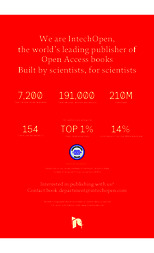Sustainable production of certified beef cattle farming in the Pantanal.
Sustainable production of certified beef cattle farming in the Pantanal.
Author(s): ABREU, U. G. P. de; GOMES, E. G.; BALDUINO, S. H. R.
Summary: The Pantanal is a Brazilian biome with a peculiar beef cattle production system. In november 2018, the Government of Mato Grosso do Sul, Brazil, approved legisla- tion that made the tax incentive for organic and sustainable meat production official. Despite the initial difficulty in organizing the production chain and, in parallel, going through 2 years of pandemic, in 2022 the production system was consolidated. In order to evaluate the progress of the sustainable and organic meat production system in the Pantanal, data from nine slaughterhouses accredited by the Pantanal Sustainable Livestock Program were subjected to unstructured modeling using the K-means method. Two groups were identified (C1 and C2). The first (C1) had a smaller number of animals per batch, and most batches had females. Group C2 had a larger number of animals, mainly males. C1 and C2 received, respectively, 53 and 47% of the total tax exemption (BRL 8,495,587.53). The development of a sustainable livestock system with quality and certification for bovine at slaughter proved to be an important option for the development of livestock farming in the Pantanal.
Publication year: 2024
Types of publication: Book sections
Unit: Embrapa Pantanal
Observation
Some of Embrapa's publications are published as ePub files. To read them, use or download one of the following free software options to your computer or mobile device. Android: Google Play Books; IOS: iBooks; Windows and Linux: Calibre.
Access other publications
Access the Agricultural Research Database (BDPA) to consult Embrapa's full library collection and records.
Visit Embrapa Bookstore to purchase books and other publications sold by Embrapa.

